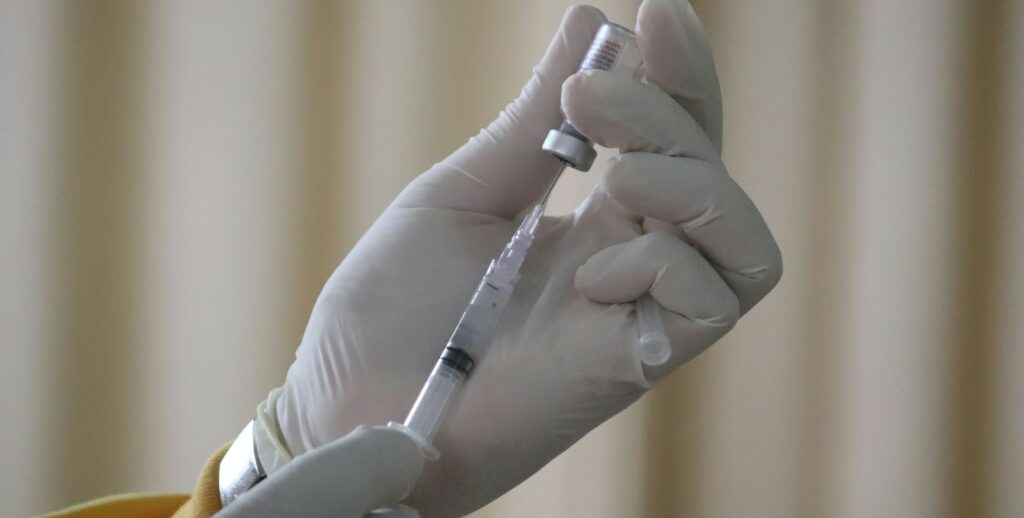Bacterial Vaginosis (BV) is a condition caused by an imbalance of Gardnerella vaginalis – the bacteria that naturally live inside your vagina. These anaerobic bacteria work together with other microorganisms to balance the pH levels in your vagina and prevent infections.
For still unknown reasons, the levels and types of bacteria inside your vagina can change. If Gardnerella bacteria multiplies too quickly, this can disrupt the natural balance, resulting in Bacterial Vaginosis (BV). Around 30% of women will have Bacterial Vaginosis at some point during their lifetime.
Causes of Bacterial Vaginosis and risk factors
BV is not classified as a sexually transmitted infection (STI) as women who have not had sex can get it. However, most risk factors include those related to sexual activity. Common causes and risk factors are:
- Having multiple sexual partners
- Having a pre-existing STI
- Vaginal douching
- Use of an intrauterine device (IUD)
- Smoking
- Alcohol use
- Swimming in a pool.
Women who have sex with women (WSW) are at higher risk of Bacterial Vaginosis and can spread the bacteria to their partner.
While women can also pass BV-related bacteria to their male sexual partners, it is not yet confirmed whether men can transmit BV. Men won’t suffer any serious risk of bacterial infection and do not require treatment.
Symptoms of Bacterial Vaginosis
Symptoms of BV include:
- White/grey vaginal discharge
- Vaginal irritation (itching or burning)
- Strong fishy smell, especially after sex
- Burning sensation when urinating.
BV symptoms may go away without treatment. However, if you are experiencing symptoms – such as vaginal discharge or itching – you should ask your doctor for a prescription for antibiotics.
Bacterial vaginosis can sometimes be mistaken for a yeast infection. The symptoms of both of these conditions are similar, but the treatments are different.
Risks if Bacterial Vaginosis is left untreated
BV can lead to pelvic inflammatory disease (PID) which may damage your fertility. In pregnant women, Bacterial Vaginosis can lead to premature birth and low weight in infants. It can also increase the likelihood of contracting HIV and other STIs such as Chlamydia and Gonorrhoea.
Therefore, it is important to know the signs and symptoms of the condition, receive treatment when needed, and to look after your vaginal health.
Better2Know can help you to take care of your sexual health
Are you looking for information or advice on how to protect your sexual health?
Speak to Better2Know today on our 24/7 phone line or online web chat. Our highly trained sexual health advisors will be able to answer your questions discreetly and confidentially.
With Better2Know, it has never been quicker or easier to test for STIs. We can arrange a private appointment at a clinic near you. Book online or by phone today.
Sources
[1] HEALTH.HARVARD.EDU: Bacterial Vaginosis (Gardnerella Vaginitis)
[2] CDC.GOV: Any woman can get bacterial vaginosis. Having bacterial vaginosis can increase your chance of getting an STD
[3] HEALTHCENTRAL.COM: Everything you need to know about Gardnerella vaginalis





